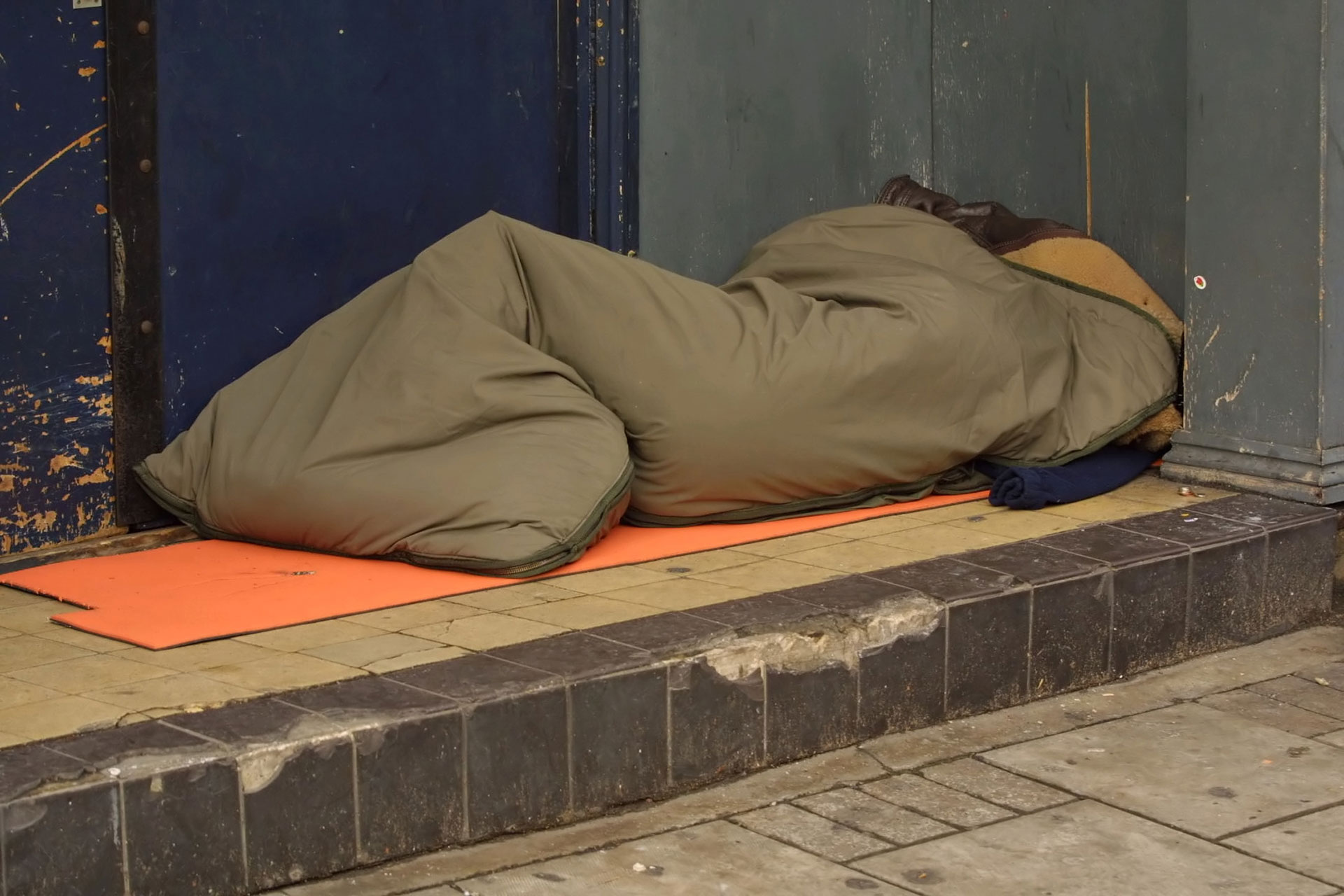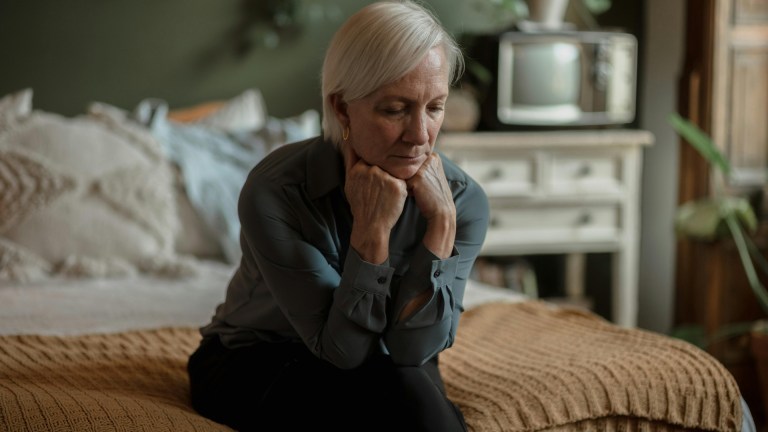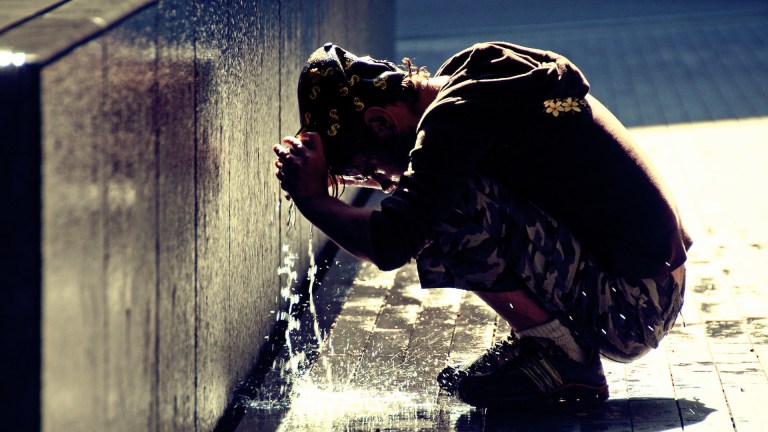Statistics do not tell the full story about rough sleeping – but knowing the scale of the issue is key to tackling it.
In the last few weeks, figures from annual counts assessing the number of people sleeping on the streets in England, Scotland and Wales have been released.
England reported a two per cent decrease and Welsh figures were largely the same for their two-week estimates while a one-night snapshot showed a 16 per cent drop year-on-year.
Scotland doesn’t keep rough sleeping stats, but instead reported a rise of 284 applications on the same period the previous year.
Ultimately homelessness is a very complex, complicated issue and requires the expertise and compassion of humans to support people with whatever journey they need to take
The trouble in England, however, is that the government statistics, which showed that there were 4,677 people rough sleeping last year, are widely thought to be a significant underestimate.
It’s easy to see why – homelessness is chaotic by its very nature and so it is easy to miss someone while looking out as they may move around or be hiding or in a place of warmth given that England’s annual count takes place in November.










